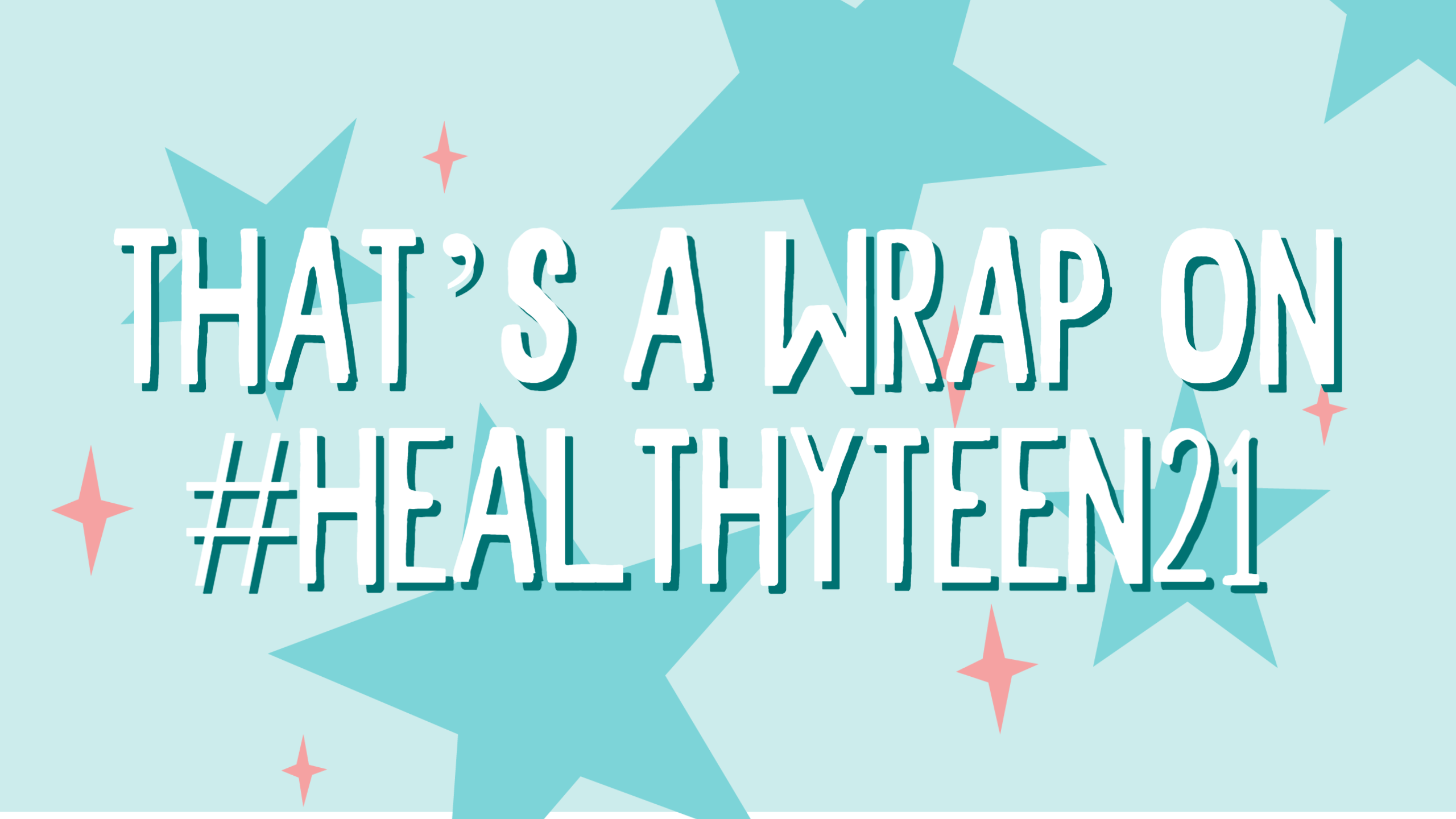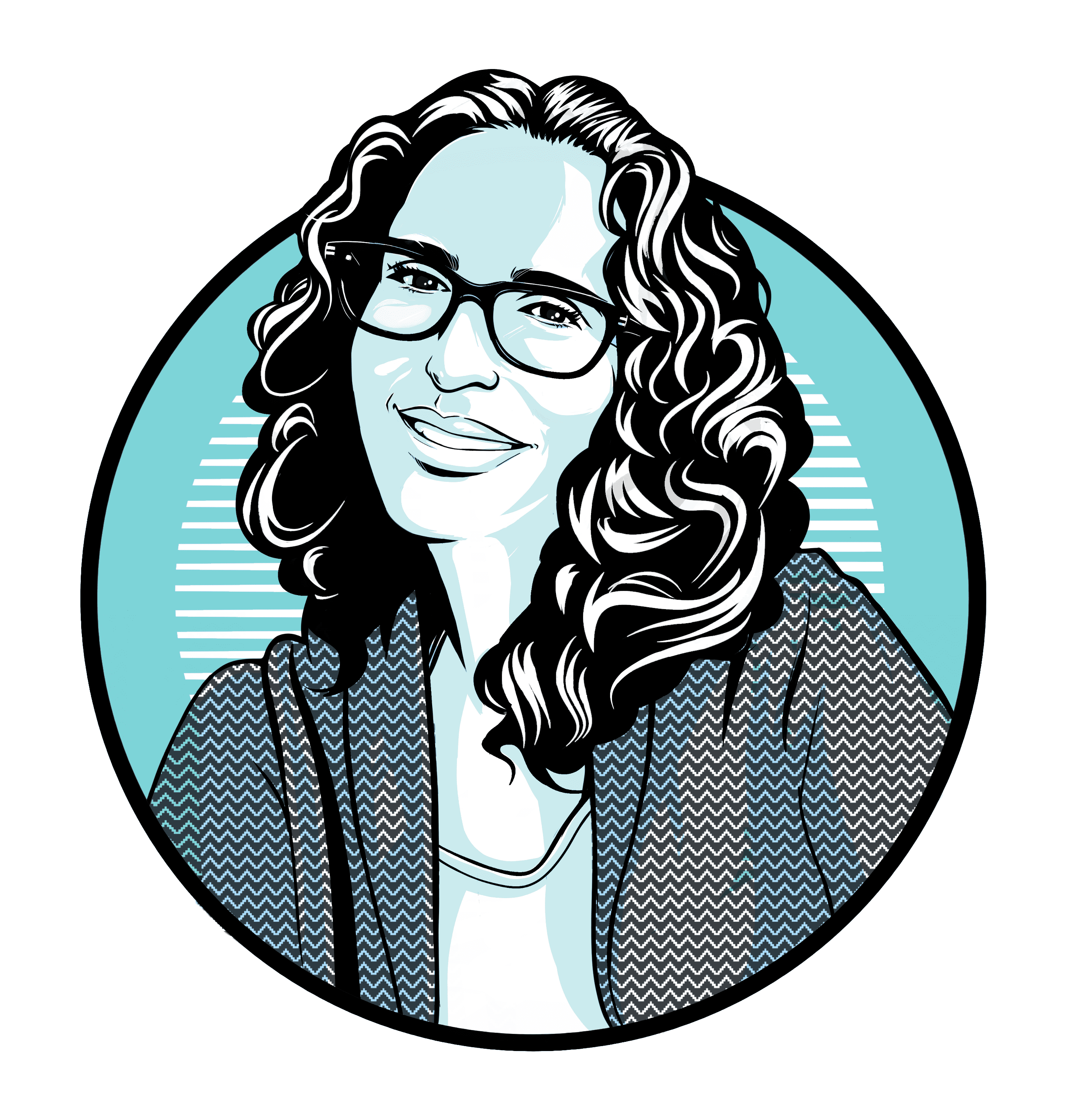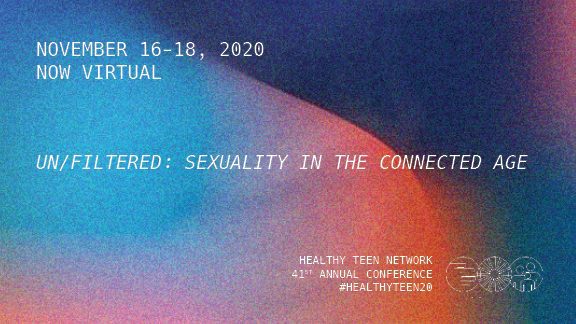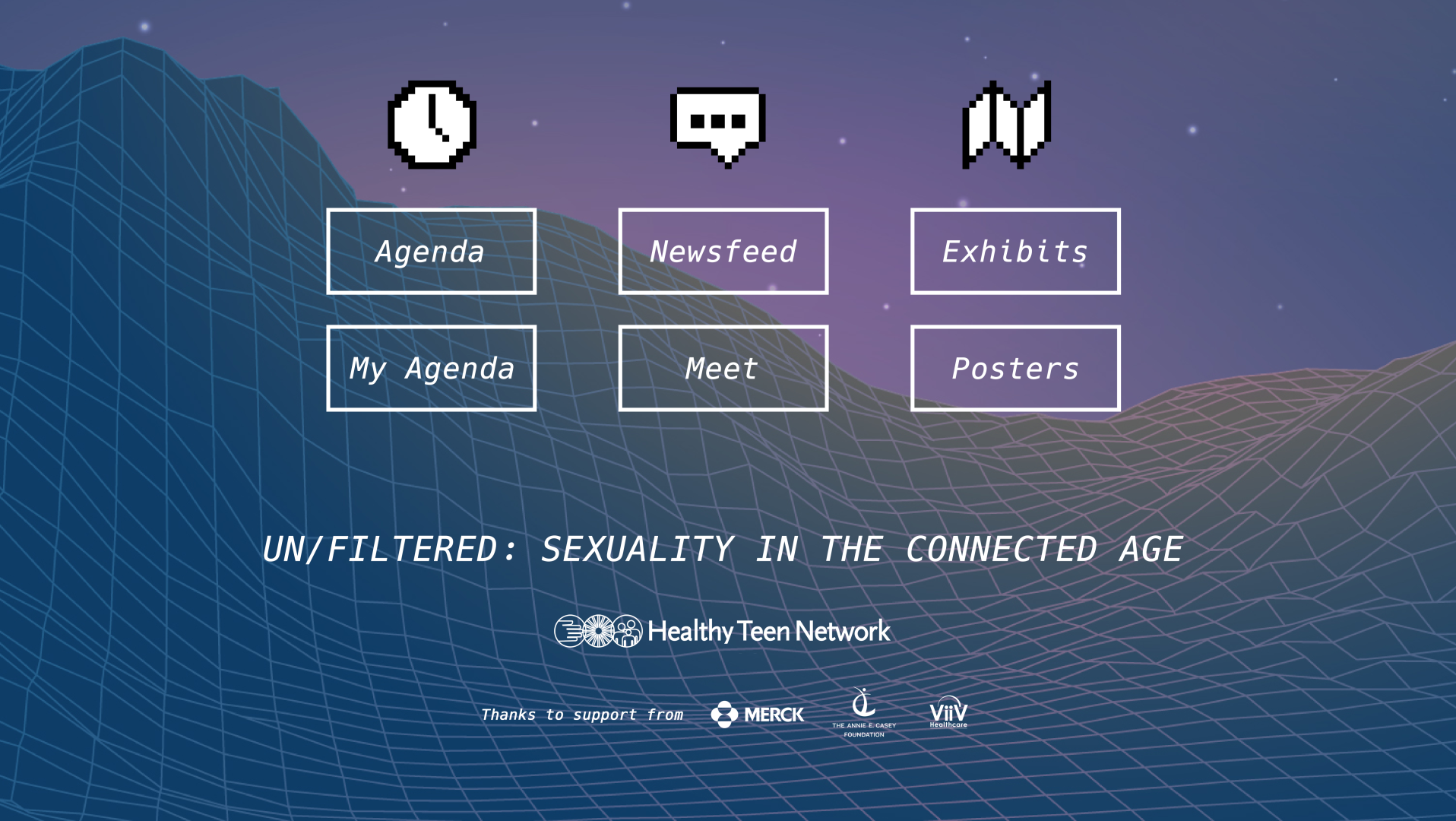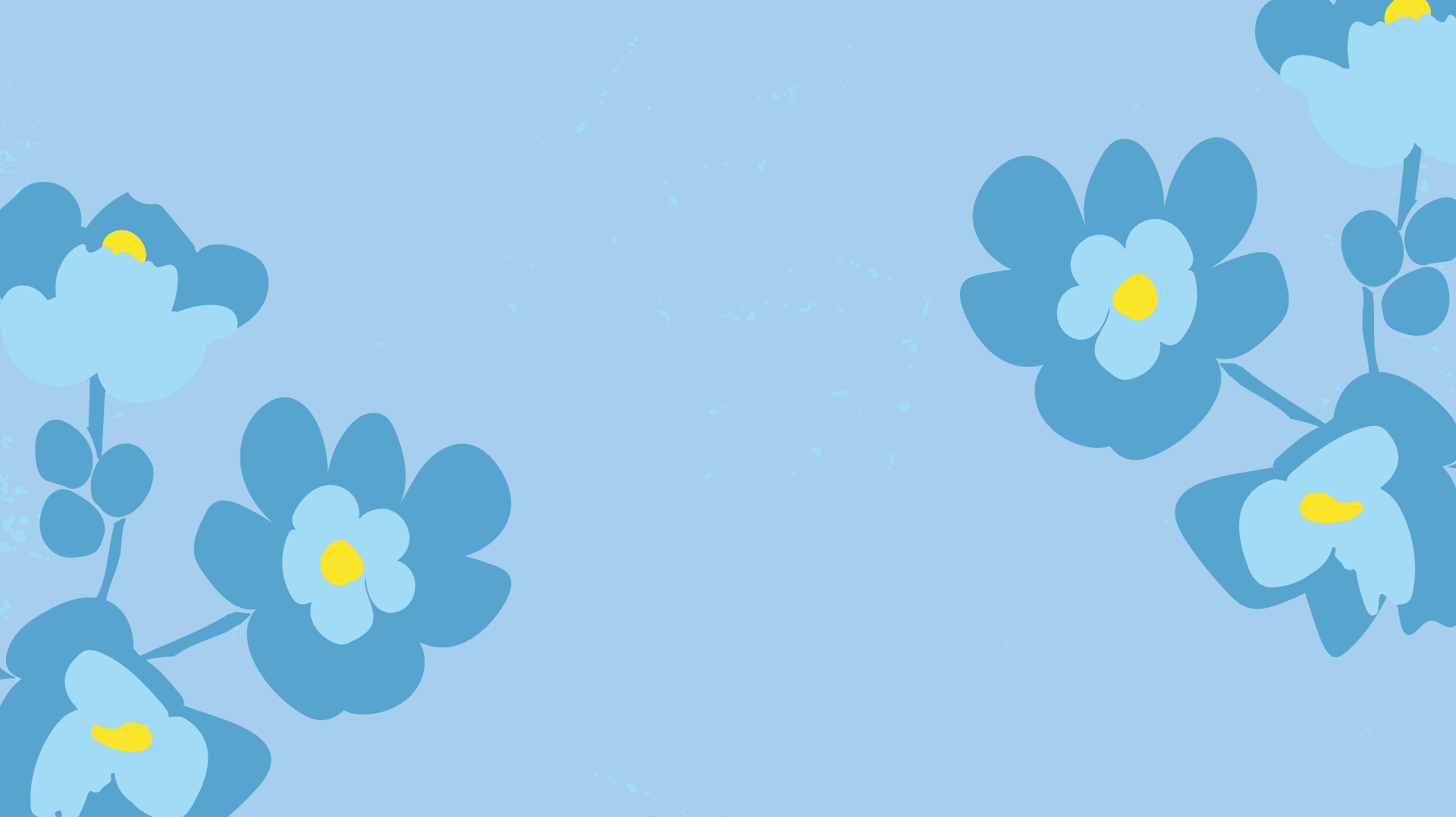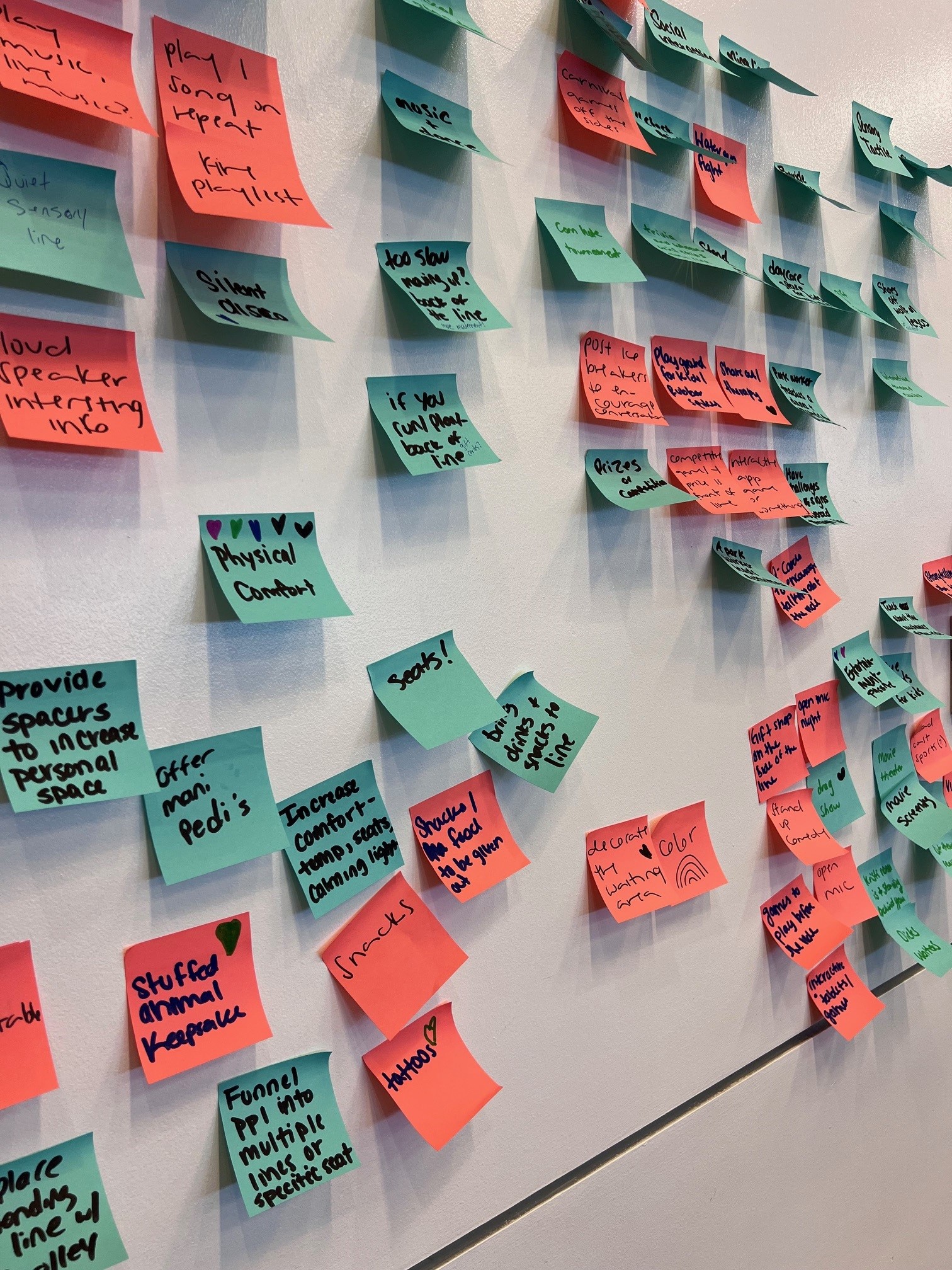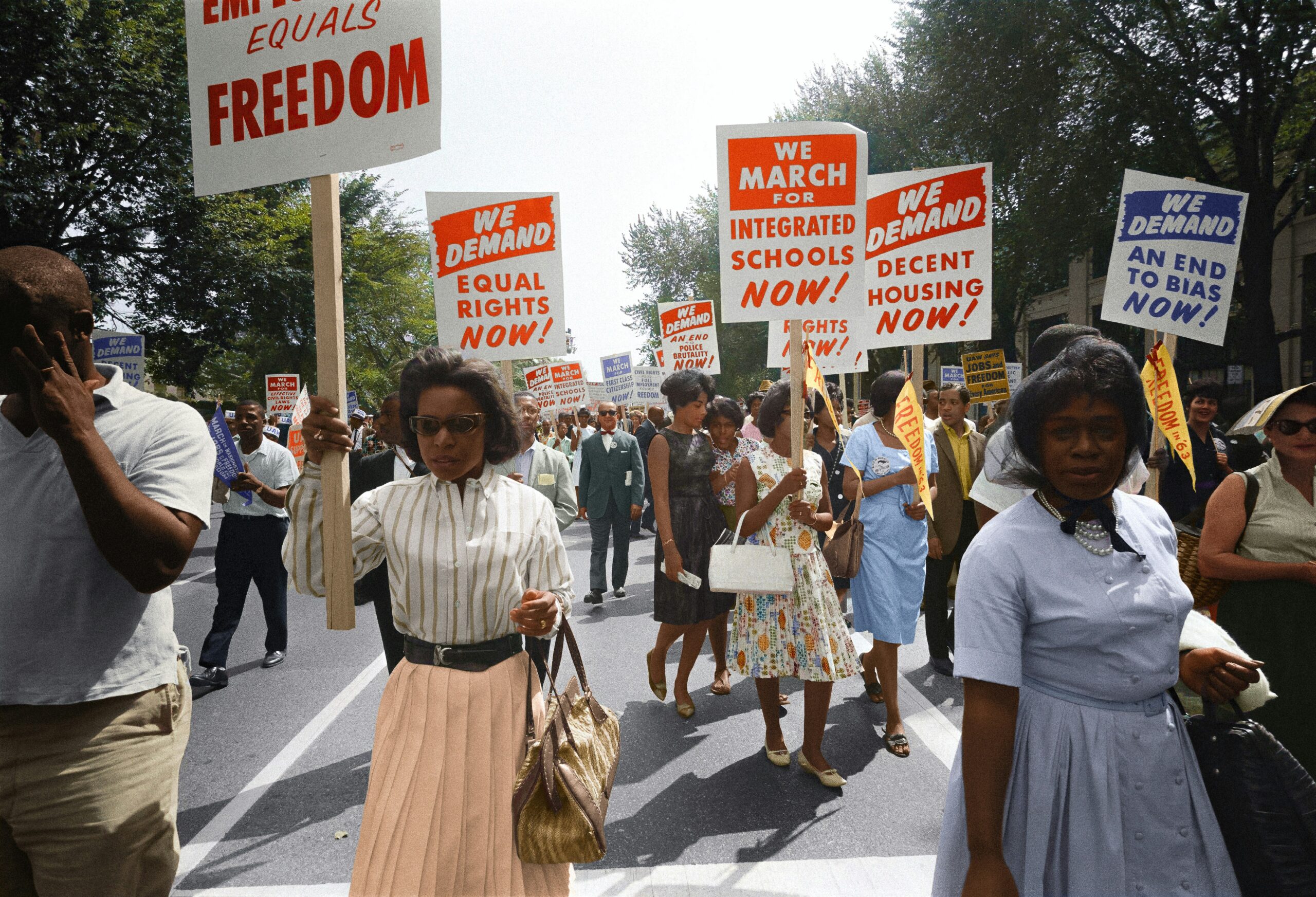We encourage you to think about what fills your cup and how we can reset the balance in order to show up for our young people.
We were so happy to have such amazing attendees with us for #HealthyTeen21. Whether a conference regular or a first-timer, so many of you joined the Healthy Teen Network community for two days of learning, reflecting, and sharing. You are a fantastic network of youth-supporting professionals from all across the county, committed to ensuring young people have what they need to live healthy sexual lives.
When planning this year’s event and knowing it would once again be virtual, we reached out to our members and past conference attendees to hear what you wanted and what would be helpful for you right now. Thank you so much to those of you who took the time to share your thoughts.
We designed this virtual event with your feedback in mind—we shortened the overall length, scheduled shorter sessions, and varied the content (we did our first ever podcast to help give our eyes a break). For each session we asked ourselves–what is relevant to me today and how can I take it home?
Reflecting back on #HealthyTeen21, a common thread through so many of our sessions—whether we’re talking about intersectionality, systemic racism, anti-fat bias, or moving beyond teen pregnancy prevention—was that it’s more than just language or framing.
At Healthy Teen Network, we often talk about how much words matter—but it’s also much bigger than that. It’s a mindset—being aware of how our experiences, our values, our biases can color our perspective. Terms that we see in grant language like under-represented minority, inner-city, etc., are problematic and the way that we describe statistics in our work can be seen as blaming the population we are talking about. As educators and professionals who work with youth, it’s our responsibility to move past all of that.
We must recognize what social constructs about race, gender, or body size we have internalized. We must always strive to consider all of the experiences, values, and more that our young people bring with them. This is how we can be more inclusive and affirming, so that we can meet the needs of all young people. This is how we can dismantle biases that uphold systems of inequality, oppression, and discrimination that keep our young people from getting the support they need.
We must recognize what social constructs about race, gender, or body size we have internalized. We must always strive to consider all of the experiences, values, and more that our young people bring with them.
And it’s not just about how we see things, but also how we do things. Many of our sessions encouraged us to open our eyes to new ways of doing things. Whether it’s committing the time and energy to develop and maintain a brand because it can build connection and trust with our audience. Or thinking about how we can leverage existing tools and technology to change up what’s always been done, like being able to order a sexual assault collection kit through Door Dash (how amazing was that idea!). Or listening to and uplifting the experiences of the end user, or the community where a program or solution will be implemented—starting there, with them as the experts on their challenges, to innovate and create something that truly solves problems.
When we stop doing things the same way they’ve always been done, and we give ourselves the space and freedom to change, everyone benefits. One of the ways that we can do all of this—to “level up” as Dr. Tanya encouraged us to do—is to broaden our mindset for the intersectional world we live in. By following the advice that we heard from Andrea—to invest our time in making connections all the time—not just because we want something from someone. These connections are not just about who we know, but who knows us and what we’re doing.
We encourage you to think about what fills your cup—take the time to notice, what are some things in our jobs, in our daily lives, that bring us joy? Is there a balance? Or is there an imbalance in what drains our cups? How to we begin to move ourselves through the stages of change to reset that balance? These questions are not just because it’s important for ourselves but because it’s also how we are able to show up our young people.
Don’t forget to save the date for #HealthyTeen22—October 17-19th. Miami or bust!

